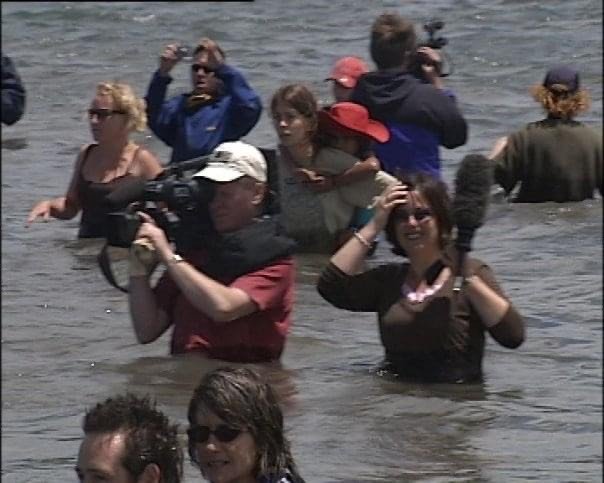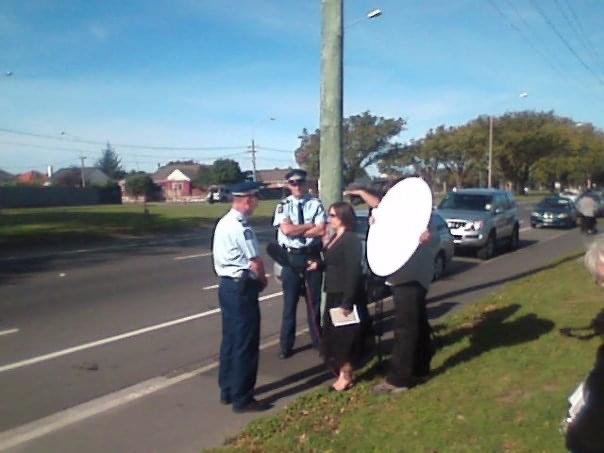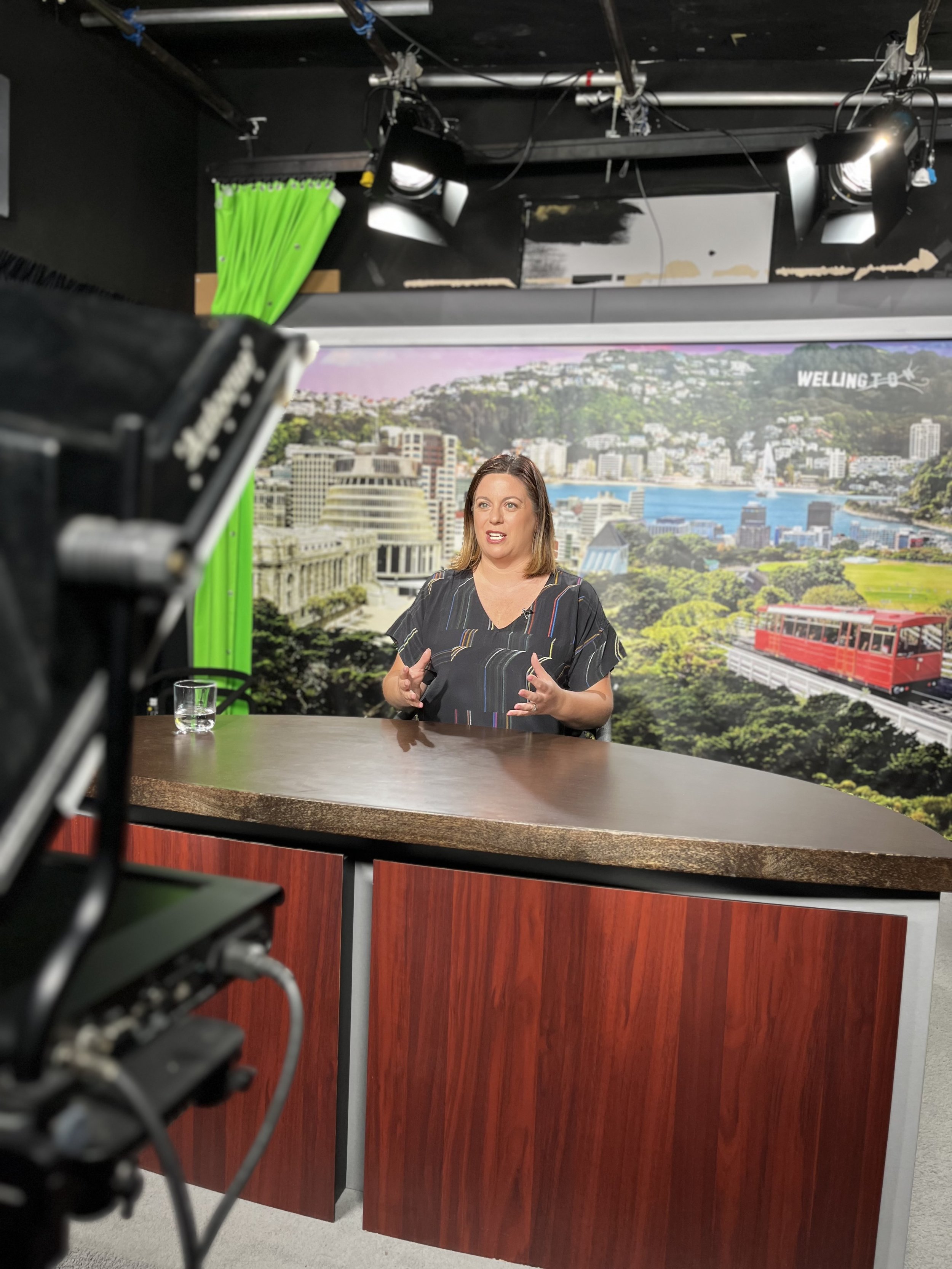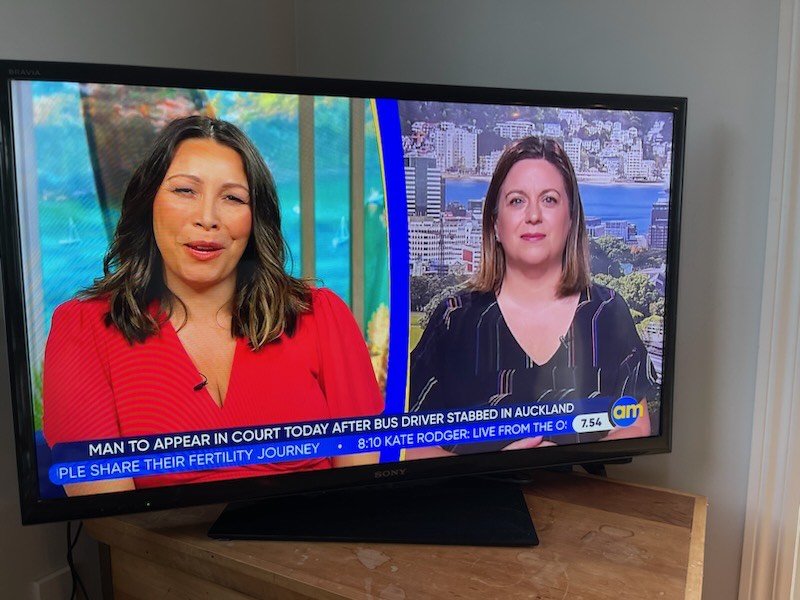"Can you give me a list of questions?"
It’s a favourite question reporters get asked ahead of an interview. The answer will always be a polite, “No”.
It’s not because the journalist’s being evasive. It’s because they probably don’t know what they’ll ask. They’re working on many stories simultaneously and will, more often than not, make it up as the interview goes along. They also don’t want you, “the talent” to be rehearsing answers - they want you to be natural and real.
BUT, knowing all of this and being in the media industry for 15 years, didn’t stop me asking that exact question ahead of my first time being interviewed.
Why? It’s all about control. Control is what we all grasp for when we’re faced with the unknown.
As a television news journalist I always had control - control of the interview, the setup and the story. This made interviews comfortable for me and while I’d always try and put my talent at ease, telling them “this is just a chat,” I still usually returned to the newsroom with an interview from a nervous, worried and anxious person.
The reasons for that deep seated unease became abundantly clear when the tables turned and I started being interviewed regularly as a spokesperson for a charity close to my heart. I so desperately want to get it right. Any opportunity to raise public awareness of our cause and advocate for our community is invaluable.
Our charity is thirty years old, with a stellar reputation - I sure as hell don’t want to be the one to f**k it up now! Our small staff work above and beyond to keep the doors open - I represent them! The community we serve are hurting and vulnerable - I don’t want to upset them. I want to make them proud and know we care. Oh, and our funders will be watching too. No pressure.
The advantage I have is that I’ve conducted and watched back thousands of interviews . I know what lands, what doesn’t connect and how it will flow.
I know that if the person I was interviewing was prepared and clear about what they wanted to get across - it barely mattered what my questions were. They had all the answers. They had all the control.
Reporters seldom have time to do elaborate preparation for news interviews. As the interviewee, this is where you can take the reins. By getting your main point or key message out nice and early, you’re guiding the follow up questions. Repeat it later in the interview too - just to make sure they hear it.
You may not know what that reporter's first question will be but you’ll be certain what your answer will be.
Having the tools to be prepared for the unexpected came in very handy in my most recent TV interview on Three’s AM Show.
I had prepared for the segment with the show’s producer and focused my content on a particular area of questioning. I was ready to go but the interviewer's first question was on a completely different topic!
No worries (sort of). I had my first statement prepared and the tools to keep calm and reframe my thinking. No one watching spotted the about turn (or my racing heart, busy brain and sweaty palms!)
My advice to any of our clients who are a bag of nerves before an interview is simple: Don’t worry about the questions; focus on the answers.
